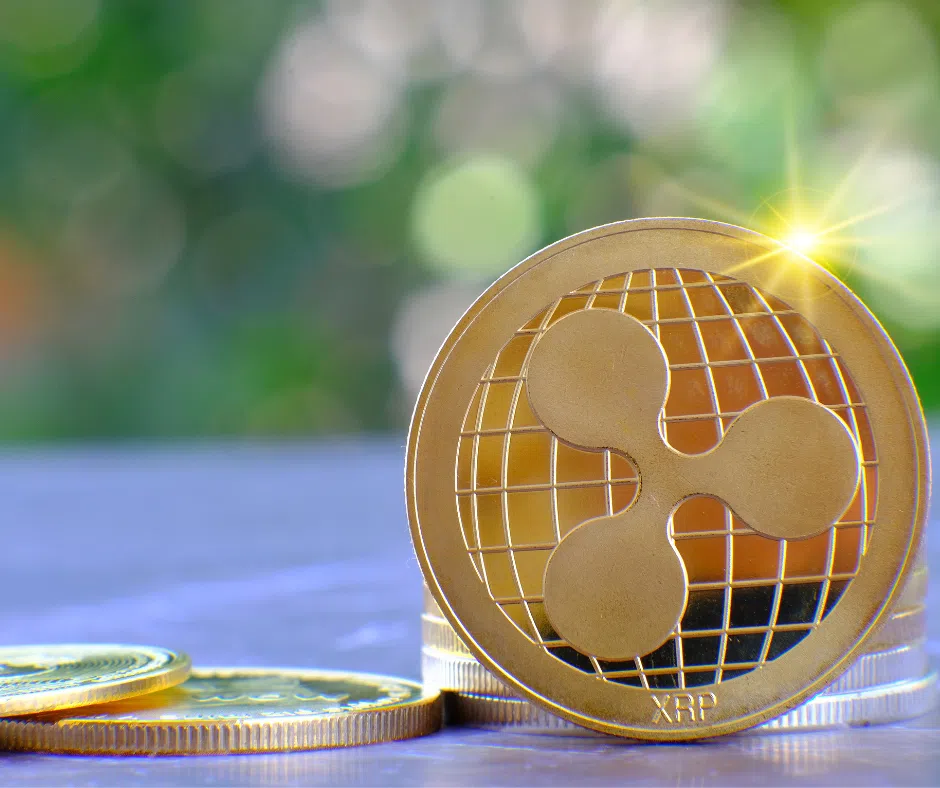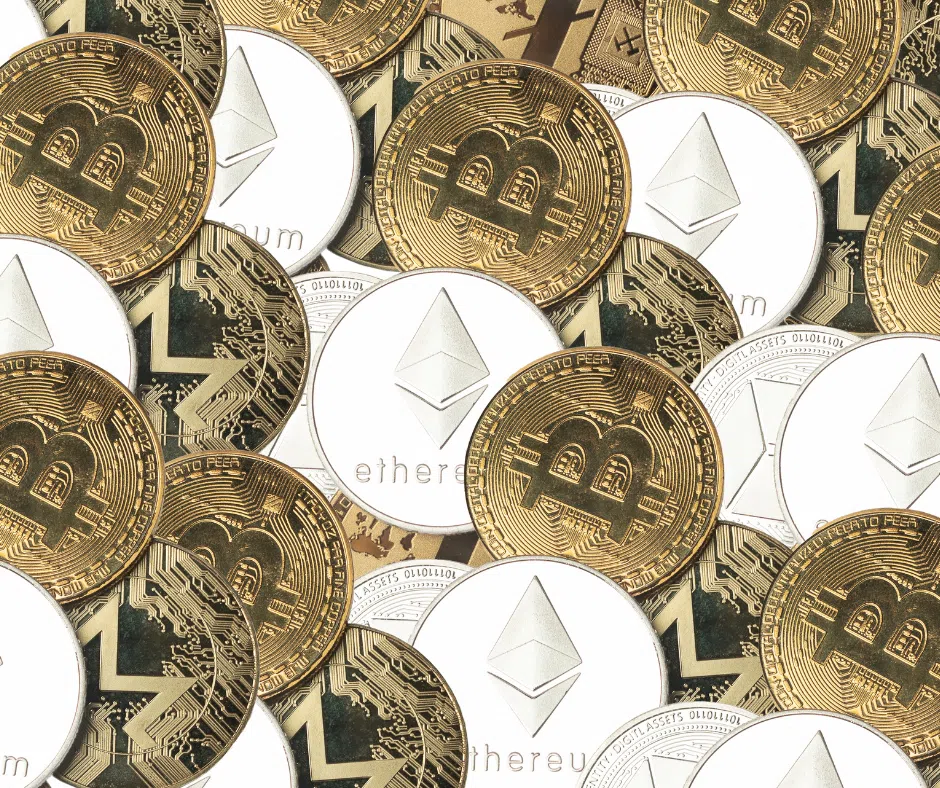How Cryptocurrency is Impacting Global Inflation
Cryptocurrency is a digital asset designed to work as a medium of exchange that uses strong cryptography to secure financial transactions, control the creation of additional units, and verify the transfer of assets. It is a decentralized digital currency without a central bank or single administrator that can be sent from user to user on the peer-to-peer bitcoin network without the need for intermediaries.
The emergence of cryptocurrency has had a significant impact on global inflation. Cryptocurrency has the potential to reduce the cost of transactions, increase the speed of transactions, and reduce the risk of fraud. This could lead to a decrease in the cost of goods and services, which could lead to a decrease in global inflation.
Cryptocurrency also has the potential to increase the efficiency of the global economy. By reducing the cost of transactions, cryptocurrency could reduce the cost of doing business, which could lead to increased economic growth. This could lead to an increase in global demand, which could lead to an increase in global inflation.
Cryptocurrency also has the potential to increase the transparency of the global economy. By providing a secure and transparent platform for transactions, cryptocurrency could reduce the risk of fraud and increase the trust between buyers and sellers. This could lead to an increase in global demand, which could lead to an increase in global inflation.
Finally, cryptocurrency has the potential to increase the liquidity of the global economy. By providing a secure and transparent platform for transactions, cryptocurrency could reduce the cost of capital and increase the availability of capital. This could lead to an increase in global demand, which could lead to an increase in global inflation.
Overall, cryptocurrency has the potential to have a significant impact on global inflation. By reducing the cost of transactions, increasing the efficiency of the global economy, increasing the transparency of the global economy, and increasing the liquidity of the global economy, cryptocurrency could lead to an increase or decrease in global inflation.
Exploring the Relationship Between Cryptocurrency and Inflation
Cryptocurrency has become an increasingly popular form of digital currency in recent years, and its potential to affect inflation has been the subject of much debate. Inflation is a measure of the rate at which the general level of prices for goods and services is rising, and it can have a significant impact on the economy.
As such, it is important to understand the relationship between cryptocurrency and inflation.
The most obvious way that cryptocurrency can affect inflation is through its use as a medium of exchange. As more people use cryptocurrency to purchase goods and services, the demand for it increases, which can lead to an increase in its value. This, in turn, can lead to an increase in the general level of prices, which is a form of inflation.
Another way that cryptocurrency can affect inflation is through its use as a store of value. Cryptocurrency is not subject to the same fluctuations in value as traditional currencies, which makes it an attractive option for investors looking to protect their wealth from inflation.
As more people invest in cryptocurrency, the demand for it increases, which can lead to an increase in its value and, consequently, an increase in the general level of prices.
Finally, cryptocurrency can also affect inflation through its use as a speculative asset. As more people invest in cryptocurrency, the demand for it increases, which can lead to an increase in its value. This, in turn, can lead to an increase in the general level of prices, which is a form of inflation.
It is important to note, however, that the relationship between cryptocurrency and inflation is complex and not yet fully understood. While it is clear that cryptocurrency can have an impact on inflation, the exact nature of this impact is still being studied. As such, it is important to keep an open mind when considering the potential effects of cryptocurrency on inflation.
The Pros and Cons of Using Cryptocurrency to Combat Inflation
The use of cryptocurrency to combat inflation has become increasingly popular in recent years. Cryptocurrency is a digital form of currency that is not backed by any government or central bank. It is decentralized, meaning it is not controlled by any one entity.
This makes it attractive to those who are looking for an alternative to traditional currencies, as it is not subject to the same regulations and restrictions.
The primary benefit of using cryptocurrency to combat inflation is that it is not subject to the same fluctuations in value as traditional currencies. This means that it can be used as a hedge against inflation, as its value is not affected by changes in the economy. Additionally, cryptocurrency transactions are generally faster and more secure than traditional methods, making it an attractive option for those looking to make quick and secure payments.
However, there are some drawbacks to using cryptocurrency to combat inflation. For one, it is not widely accepted as a form of payment, meaning that it may be difficult to use in certain situations. Additionally, the value of cryptocurrency is highly volatile, meaning that it can be difficult to predict its future value. Finally, there is a risk of fraud and theft associated with cryptocurrency, as it is not regulated by any government or central bank.
In conclusion, using cryptocurrency to combat inflation can be a viable option for those looking for an alternative to traditional currencies. However, it is important to consider the risks associated with this form of currency before investing.
Additionally, it is important to understand the volatility of the market and the potential for fraud and theft. With the right research and understanding, cryptocurrency can be a powerful tool to combat inflation.




